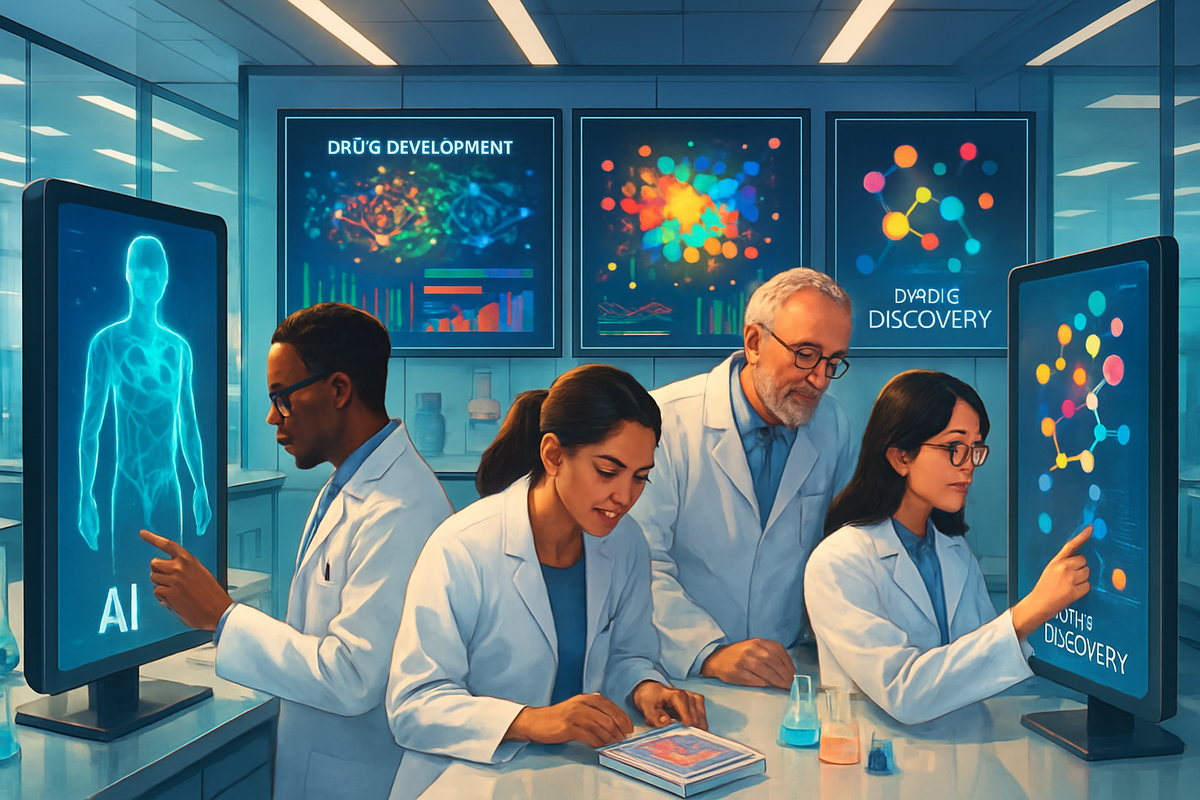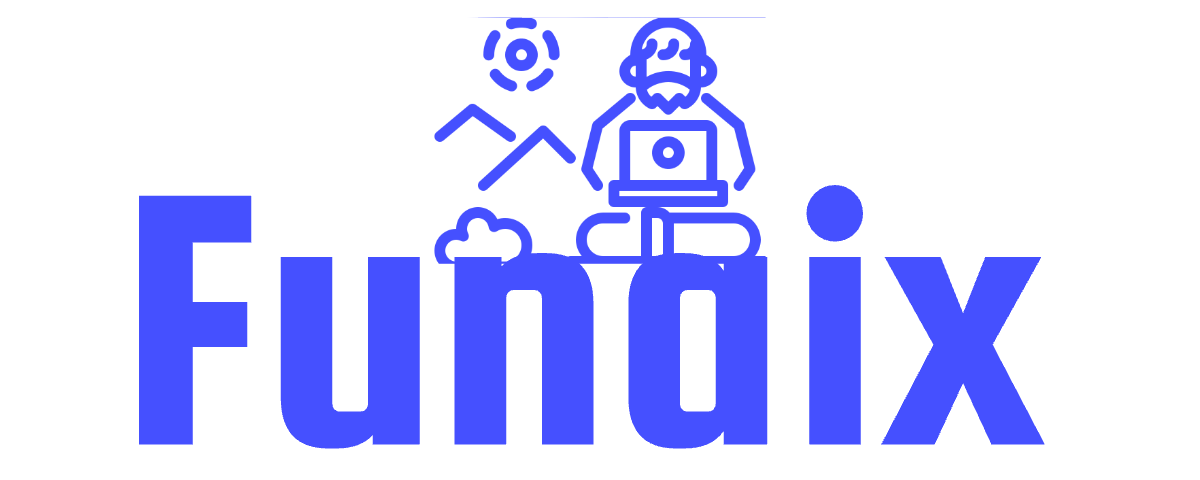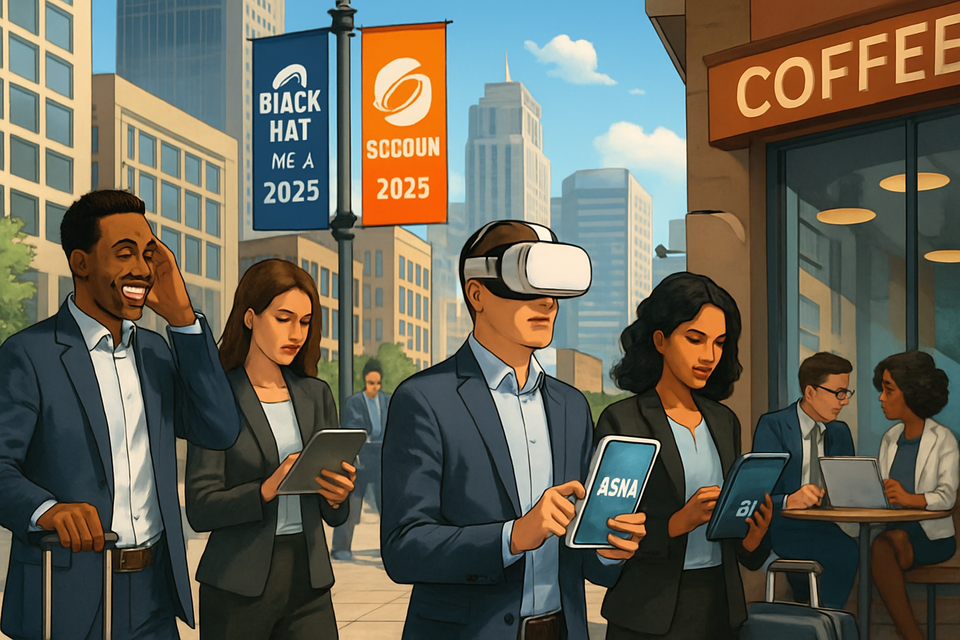How AI is Reshaping Drug Discovery: From FDA Animal Testing Overhaul to Gates' $1M Alzheimer's Prize
Discover how the FDA's embrace of AI over animal testing could revolutionize drug development by cutting costs, accelerating cures, and enhancing safety—heralding a new, ethically advanced era for global medicine.

AI, Ethics, and the End of Animal Testing? The FDA’s Bold New Era
Let’s be honest: few acronyms conjure more drama than FDA (unless you count UFO, but that’s a different blog). This year, the U.S. Food and Drug Administration flipped the script on drug development by announcing a phase-out of mandatory animal testing. Instead, the agency is charging full-speed into the digital future with New Approach Methodologies (NAMs)—think AI-powered simulations, machine learning, and even lab-grown human organoids (tiny "organs-on-a-chip").
"The FDA’s shift could cut costs, accelerate research, and—maybe—spare countless furry (and not-so-furry) lives."
Why the change? Traditional animal models don’t always predict how humans will react to drugs. NAMs, powered by artificial intelligence, promise faster, cheaper, and more ethically sound pathways from lab bench to pharmacy shelf. The FDA’s new approach could:
- Boost safety: Computer models catch side effects early, before they reach real people.
- Slash costs: Less time and fewer resources spent on animal trials means lower R&D costs—and potentially, cheaper meds.
- Accelerate cures: AI can sift through mountains of data in seconds, finding patterns humans might miss in a lifetime.
Bill Gates’ $1 Million Bet: AI vs. Alzheimer’s
If you ever wished your computer would do your homework, Bill Gates just took that dream to the next level—except the homework is curing Alzheimer’s. Through Gates Ventures, he’s funding the Alzheimer’s Insights AI Prize: a $1 million competition challenging teams to build AI tools that can independently plan, reason, and act on gigantic Alzheimer’s datasets, chasing the next breakthrough.
Why AI? Because the human brain is, well, complicated. We’re talking petabytes of genetic, clinical, and lifestyle data. AI can connect dots at a scale and speed that would make Sherlock Holmes jealous.
"The winning AI tool will be shared freely with researchers worldwide—supercharging the global fight against dementia."
Gates’ wager reflects a larger trend: the democratization of AI in science. Cloud-based platforms now let anyone—from grad students to global pharma giants—test hypotheses, model molecules, and even design clinical trials, all from the comfort of their (probably messy) desktops.
Real-World Breakthroughs: AI in Action
So, is this all just hype? (Spoiler: No.) AI is already making waves in drug discovery:
- Protein folding: DeepMind’s AlphaFold cracked the protein-structure puzzle, enabling new drug targets for everything from cancer to COVID-19.
- Virtual screening: Algorithms now test millions of compounds in silico, narrowing the field before a single pipette is picked up.
- Clinical trial optimization: Machine learning helps identify the best patient populations, slashing trial times and costs.
Even the FDA is leaning in—reviewing AI-generated data and approving drugs discovered with the help of machine learning. The old guard is finally playing nice with the robots!
Ethics, Access, and the AI Wild West
Of course, it’s not all smooth sailing. With great (algorithmic) power comes great responsibility. The rise of AI in healthcare raises big questions:
- Transparency: Can we trust a black-box AI to design our medicines?
- Bias: Will AI models trained on incomplete data accidentally exclude vulnerable populations?
- Access: Will these high-tech cures reach everyone, or just the privileged few?
These debates aren’t just academic—they’re the new frontier of medical ethics. As AI moves from the lab to the clinic, expect more public conversation, more regulation, and (let’s hope) more equity in healthcare innovation.
Future Forecast: The Doctor Will See You (and Your Dataset) Now
The future of drug discovery is looking less like a white-coated scientist hunched over a microscope, and more like a collaborative, code-crunching, data-driven team-up between human curiosity and artificial intelligence. The result? Faster cures, fewer failed trials, and—if the optimists are right—a world where diseases like Alzheimer’s, cancer, and rare genetic disorders are tamed or even cured.
"We’re standing at the edge of a new era—where AI, ethics, and human ingenuity join forces to rewrite the story of medicine."
Want to stay at the cutting edge—and maybe even help shape the debate? Become a Funaix Insider! Subscribe for free smart news & perks. Only subscribers can read and write blog comments, so join our community of curious, future-focused minds. (Did we mention it’s free? For now!)
Published: August 21, 2025
For more on the intersection of AI, health tech, and ethical innovation, subscribe to our blog. Your next breakthrough might be one click away.




